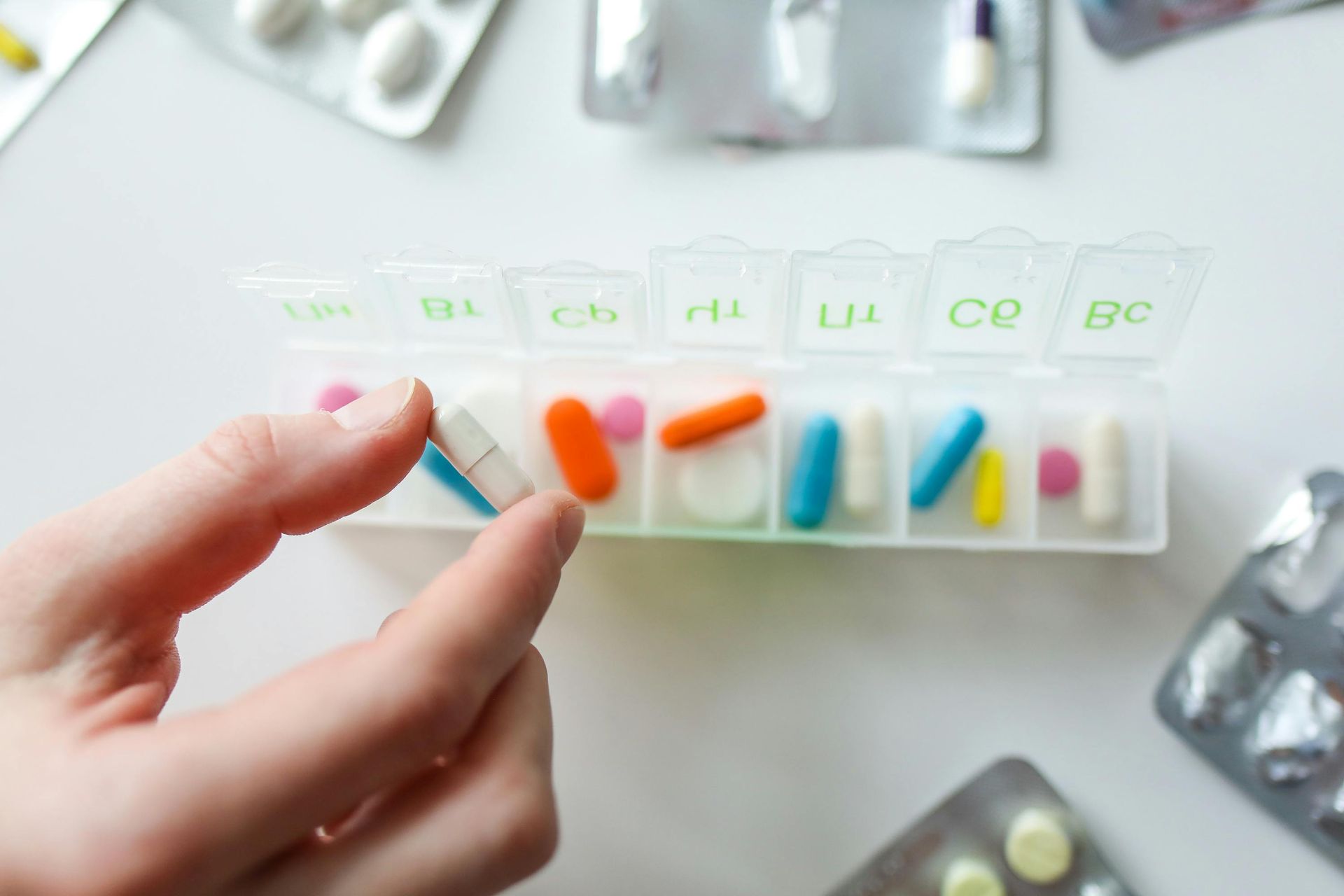How Long Does It Take For TMS Therapy To Work?

The Albany Clinic • August 7, 2023
Transcranial magnetic stimulation (TMS) therapy , is a non-invasive alternative treatment for depression and other psychiatric disorders. TMS uses targeted electromagnetic pulses to reactivate dormant neural connections and establish neurochemical balance in the brain, which can have a positive effect on mood and emotional regulation.
Repeated TMS treatments, administered 3 to 5 times a week, are thought to induce more long-term changes in brain chemistry and neural connectivity, resulting in sustained symptom remission. Due to its unique mode of action, TMS therapy has proven highly effective in managing chronic and treatment-resistant psychiatric disorders.
What To Expect During TMS Therapy
During TMS treatment, you will sit upright in a comfortable recliner chair. The technician will place a specialized magnetic coil on your scalp near the forehead. The magnetic coil emits a rapid sequence of short electromagnetic pulses that painlessly pass through your skull to the targeted brain areas.
While TMS has proven to be highly effective, it may not work for everyone. The effectiveness of TMS can vary widely among individuals, depending on factors such as the condition being treated, overall health, and how well you respond to treatment.
How Long Does TMS Take To Work?
The duration it takes for TMS therapy to show noticeable results can vary from person to person due to individual differences. However, on average, patients typically start noticing improvements within two to four weeks of treatment.
These improvements may initially be subtle, such as experiencing better sleep quality, increased energy levels, or improved concentration. As the treatment progresses, these improvements often become more pronounced. A full course of TMS therapy usually involves sessions five days a week, lasting about 30 to 40 minutes each, over a period of four to nine weeks. However, some individuals may require a longer course of treatment to experience significant benefits.
Maintenance Sessions & Long-Term Benefits
Following the initial course of TMS therapy, occasional maintenance sessions may be recommended. These sessions are typically less frequent and aim to help individuals maintain the therapeutic progress achieved during the initial treatment phase. Long-term benefits can continue to unfold over time, and individuals may experience further improvements even after completing the initial treatment course.
Is TMS For Everyone?
TMS is contraindicated for people with magnetic-sensitive implants like pacemakers, cochlear implants, and certain types of brain stimulators. This is because the magnetic pulses used in TMS could potentially interact with these metal objects or trigger a seizure. A TMS specialist will conduct a comprehensive medical assessment before recommending TMS therapy to ensure it is safe and right for you.
Final Thoughts
TMS therapy offers a promising alternative for individuals seeking relief from treatment-resistant mental health conditions such as depression. The timeline for symptom relief can vary from person to person, and it’s advisable to approach TMS therapy with realistic expectations.
If you or someone close to you is considering TMS therapy in Carbondale, IL, don’t hesitate to contact The Albany Clinic. Our experienced team is here to answer any questions you may have about TMS therapy and help determine whether it is right for you. Give us a call today to schedule a free TMS consultation.
The post How Long Does It Take For TMS Therapy To Work? appeared first on The Albany Clinic.






